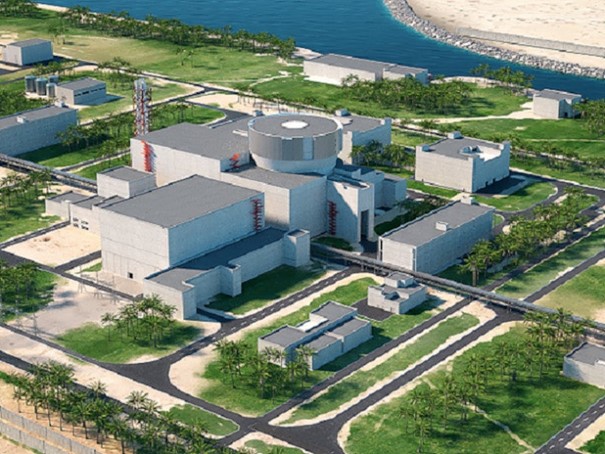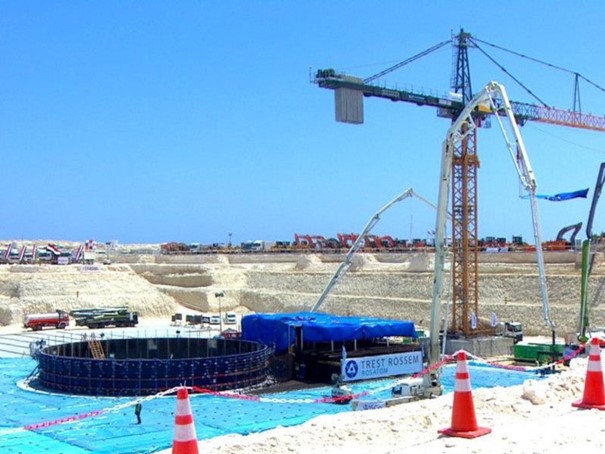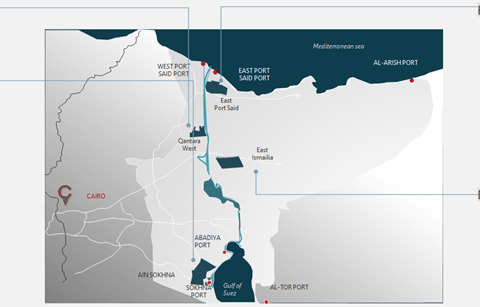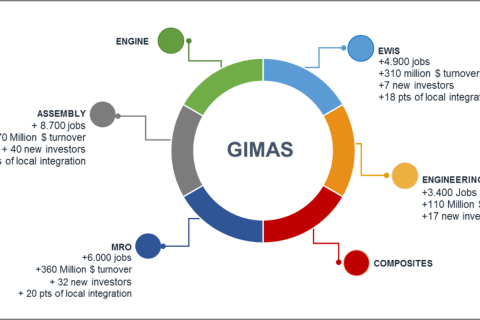
The El-Dabaa project, located on Egypt’s Mediterranean coast, marks the country’s entry into the circle of nations with a civilian nuclear industry. It is the first nuclear complex on the African continent intended for electricity generation. This project embodies Egypt’s desire to diversify its energy mix, meet its rapidly growing electricity demand, and reduce its dependence on fossil fuels.
El-Dabaa is based on the construction of four VVER-1200 nuclear reactors, supplied by the Russian company Rosatom, with a total capacity of 4,800 MW. These latest-generation reactors are designed to high safety standards, meeting post-Fukushima requirements. The project is expected to produce approximately 10% of the country’s electricity needs when it is fully commissioned, scheduled for 2030.
The project is estimated to cost $25 billion, largely financed by a state loan from Russia, repayable over 22 years. This funding includes not only the construction of the reactors, but also human resource training, the creation of a nuclear research center, and the supply of fuel for an initial period.
El-Dabaa is part of a broader vision for industrial development. The government plans to create a nuclear industrial and technological zone around the site, which is expected to generate thousands of direct and indirect jobs. This zone will house mechanical engineering and component manufacturing companies, as well as specialized training centers. The project also aims to develop Egyptian expertise in the field of civil nuclear power.
Nevertheless, El-Dabaa raises questions. Some civil society actors express concerns about environmental risks and the country’s ability to manage nuclear waste in the long term. The site has also been the subject of debate over its cost and the technological dependence it could create on Russia.
Geopolitically, El-Dabaa allows Egypt to consolidate its position as a regional power capable of mastering advanced technologies. The project is accompanied by an ambitious training program designed to create a new generation of specialized engineers and technicians.
In short, El-Dabaa represents a strategic turning point for Egypt: a major industrial and technological gamble, which could inspire other African countries to explore the path of civil nuclear power in a context of global energy transition.





